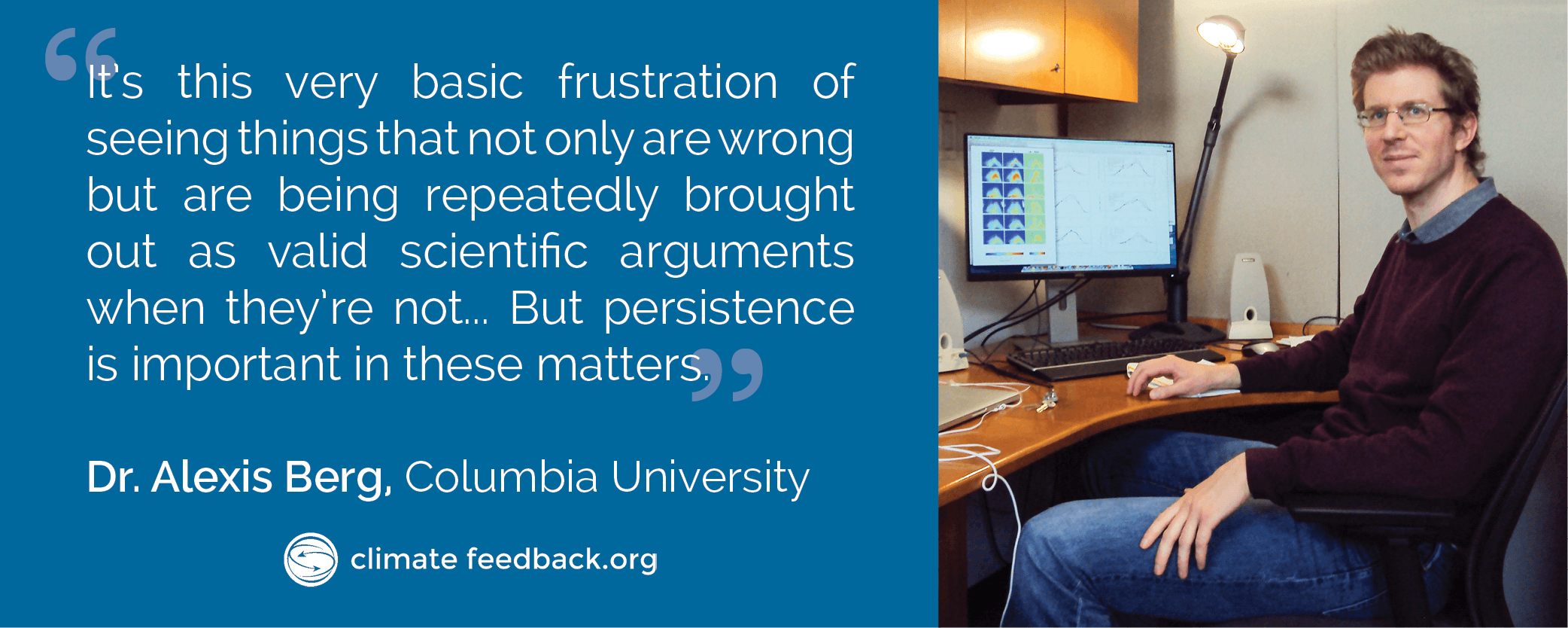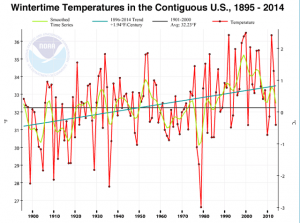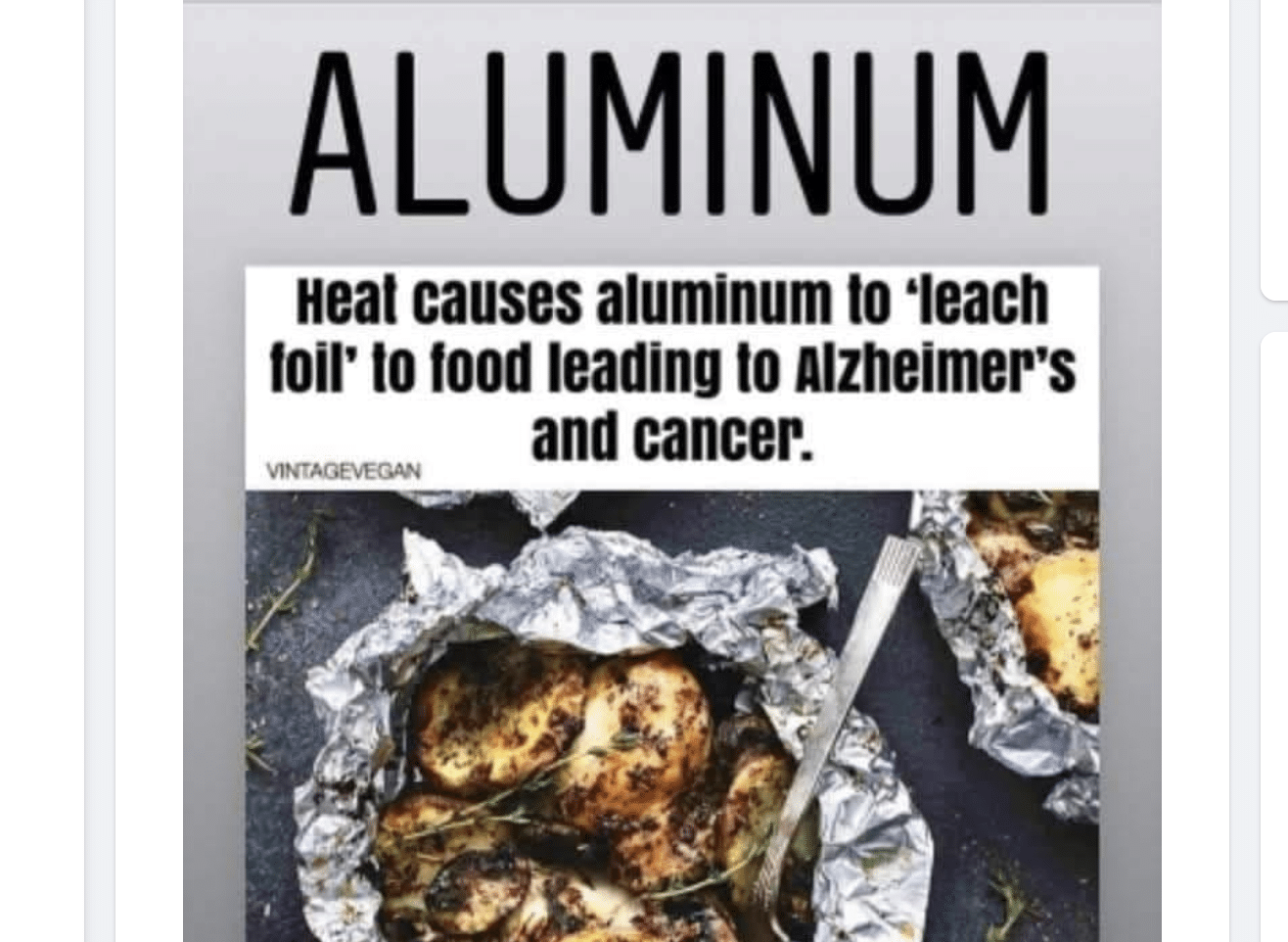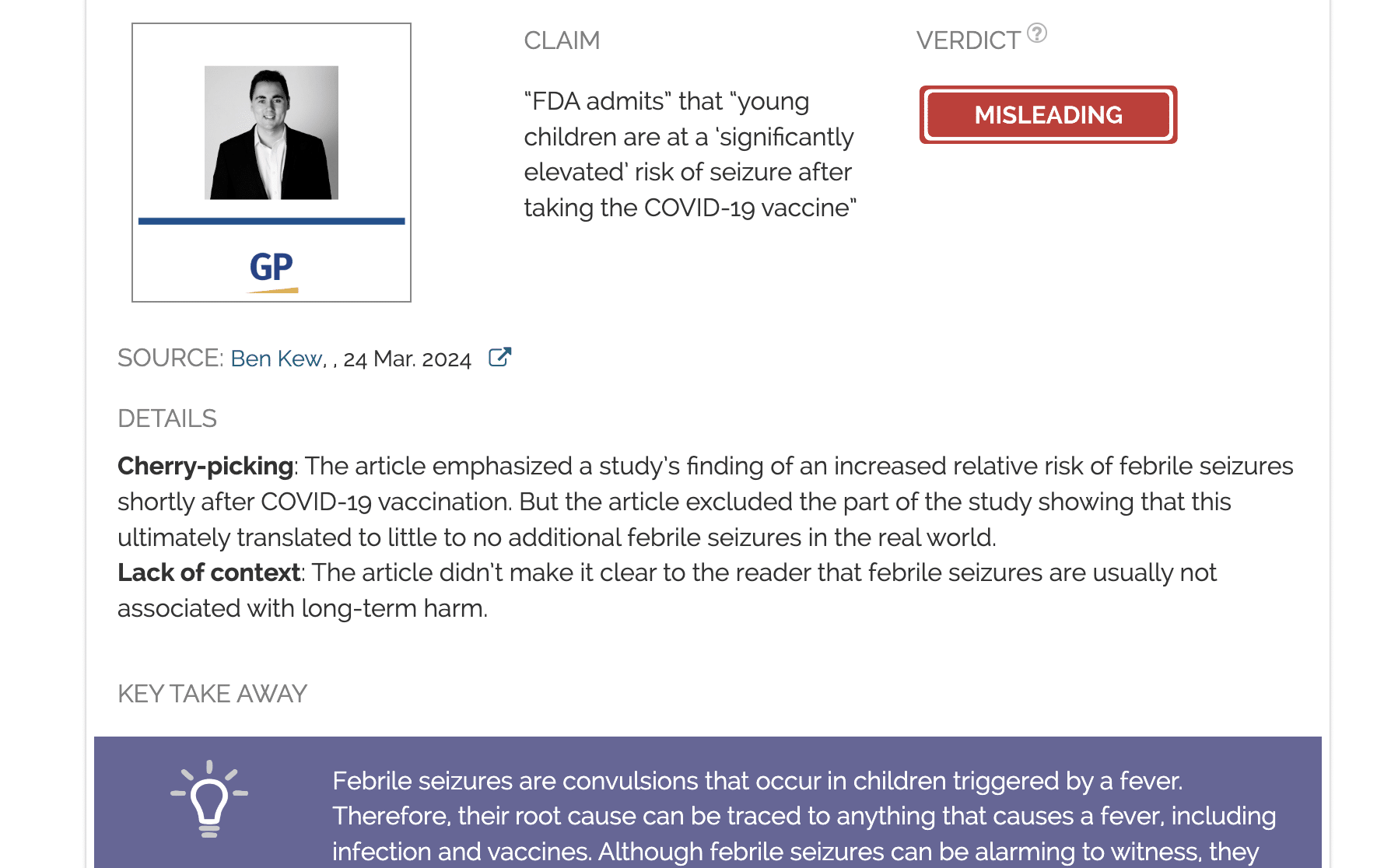Dr Alexis Berg: Uniting expertise in land- atmosphere interactions with dedication to accuracy in scientific communication

Dr. Alexis Berg is one of Climate Feedback’s earliest and key contributors: in 2015 he provided annotations on twelve media articles, and also contributed to the evaluation of Pope Francis’ Encyclical on Climate Change. Dr. Alexis Berg is a National Science Foundation Postdoctoral Fellow at Columbia University’s IRI (International Research Institute For Climate and Society), where he studies the role of land-atmosphere interactions in climate models’ representations of the West African Monsoon. His research interests also include terrestrial water cycle, climate and terrestrial ecosystem modeling and the impacts of climate on global vegetation and agro-ecosystems.
You have to keep playing this game of whack a mole against the same tired arguments all the time.
Dr. Alexis Berg has always been very active in communicating science. During his PhD, Dr. Berg wrote a blog focusing on climate science and climate related news. He describes his need to say something about misinformation in the media as “…this very basic frustration of seeing things that not only are wrong but are being repeatedly brought out as valid scientific arguments when they’re not. You have to keep playing this game of whack a mole against the same tired arguments all the time. But persistence is important in these matters.”
Dr. Berg has put this dedication into practice through Climate Feedback’s project. For example, he annotated James Taylor’s article in Forbes: “Top 10 Global Warming Lies That May Shock You”, in which the author relies on biased information and shock value to present misleading information.
In the Forbes piece, Taylor writes: “NOAA temperature data show winter temperatures in the United States have been getting colder for at least the past two decades.”
 Dr. Berg comments: “The author links to another of his articles on Forbes, in which he uses a plot by the “International Climate and Environmental Change Assessment Project” (ICECAP) to show that winters have been growing colder in the continental US since 1995. First, note that the ICECAP, despite its name, is not an international academic research project of any kind, but a website promoting global warming skeptic views. Second, the graph is carefully cropped (cherry-picked) to show a decreasing trend since 1995. Full-length data indicates consistent warming over the contiguous US in the winter (December-February), despite recent cold winters in 2009 and 2014.”
Dr. Berg comments: “The author links to another of his articles on Forbes, in which he uses a plot by the “International Climate and Environmental Change Assessment Project” (ICECAP) to show that winters have been growing colder in the continental US since 1995. First, note that the ICECAP, despite its name, is not an international academic research project of any kind, but a website promoting global warming skeptic views. Second, the graph is carefully cropped (cherry-picked) to show a decreasing trend since 1995. Full-length data indicates consistent warming over the contiguous US in the winter (December-February), despite recent cold winters in 2009 and 2014.”
In addition to observing plenty of factually inaccurate climate science coverage, primarily in opinion pieces, Dr. Berg also notes that further confusion results when media outlets highlight the most extreme scenarios and “craft stories that are made to be as scary as possible by focusing on the most alarming elements of the story; it’s not wrong in a sense, but you bring the focus on a very specific part of the story.” Dr. Berg finds Climate Feedback interesting because it allows scientists to comment on both articles that are dismissive of the real risks of Climate Change as well as those articles that contains overly or unrealistically alarmistic claims.
As science keeps moving forward with constant new results and scientific articles, Dr. Berg is concerned about the potential confusion that can result when these new articles are not put in the right context. “If I try to put myself in the shoes of people who don’t know much about climate science it gets very confusing… Climate Feedback can bring value by explaining the context of these new scientific articles.”
Dr. Berg’s response to Matt Ridley and Benny Peiser’s “Your Complete Guide to the Climate Debate” in the WSJ illustrates his concern for ensuring that new findings are presented in an appropriate context. In the article, Ridley and Peiser observe that: “the world is barely half a degree Celsius (0.9 degrees Fahrenheit) warmer than it was about 35 years ago”.
Dr. Berg comments: “This kind of statement seems to imply that 0.5 C change in global temperature is negligible. For reference, readers unfamiliar with the order of magnitude of changes in global temperature should be reminded that the difference between today’s global temperature and that of the Last Glacial maximum (around 20,000 years ago), when ice sheets extended over northern North America and Northern Europe/Asia, is estimated to be only around 4-5 C (e.g., Annan and Hargreaves: A new global reconstruction of temperature changes at the Last Glacial Maximum). A warming of a few degrees C globally, as projected today under a business-as-usual scenario, is thus something of geological magnitude.”
Dr Berg also highlights the fact that “the media” is a broad term that encompasses contributions of varied quality: “there are journalists reporting on the science and there’s also a lot of opinion pieces. Outlets let people write those op-eds, so they endorse them but they’re not exactly journalism in a sense.” While professional journalists usually have a commitment to accuracy, op-ed authors might have different objectives than journalism’s goal of providing accurate information. This is borne out by research demonstrating that letters to editors are of lower scientific quality, notably when it comes to climate change coverage.
Dr. Berg notes that the Climate Feedback project addresses some of the challenges faced by individual scientists working to improve accuracy in science journalism, such as the wide range of expertise required to address complex climate topics. “We’re all very specialized in small parts of the overall climate system” says Dr. Berg. There is a need for scientists to come together to evaluate articles and Climate Feedback is one way to allow for this kind of collective evaluation.
Scientists have the knowledge and a need to say something about misinformation spread around in the media… they should do it.
Climate Feedback also provides an opportunity for contributing scientists to continually refresh their familiarity with the latest scientific findings and learn from their colleagues. Dr. Berg notes that since comments made via the Hypothesis annotation platform are public, this “leads me to really double-check what I’m saying about the science. If I’m going to correct a misleading claim, I’m going to go back to the IPCC report and check what’s the scientific consensus on this exactly.”
Dr. Berg ultimately views his work on improving the accuracy of scientific reporting as an essential mandate: “Scientists have the knowledge and a need to say something about misinformation spread around in the media… they should do it.”
By Benjamin Okun and Christelle Perrin
Find out more about Dr. Berg’s research and interests:
Alexis’ website



